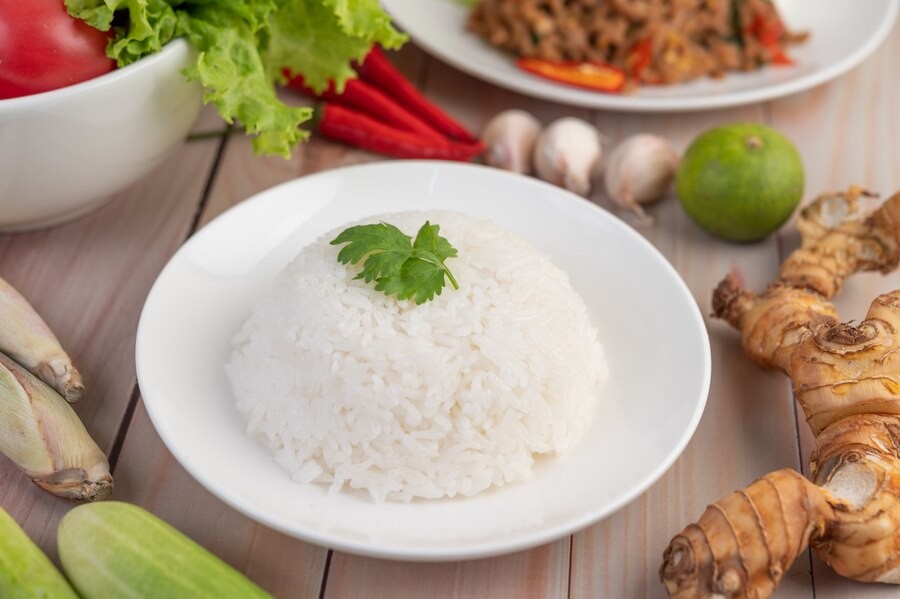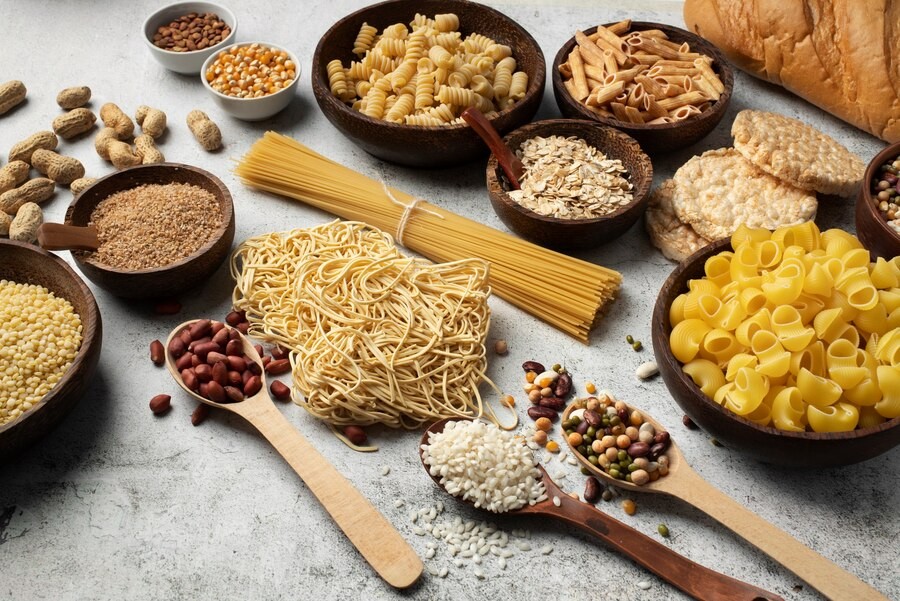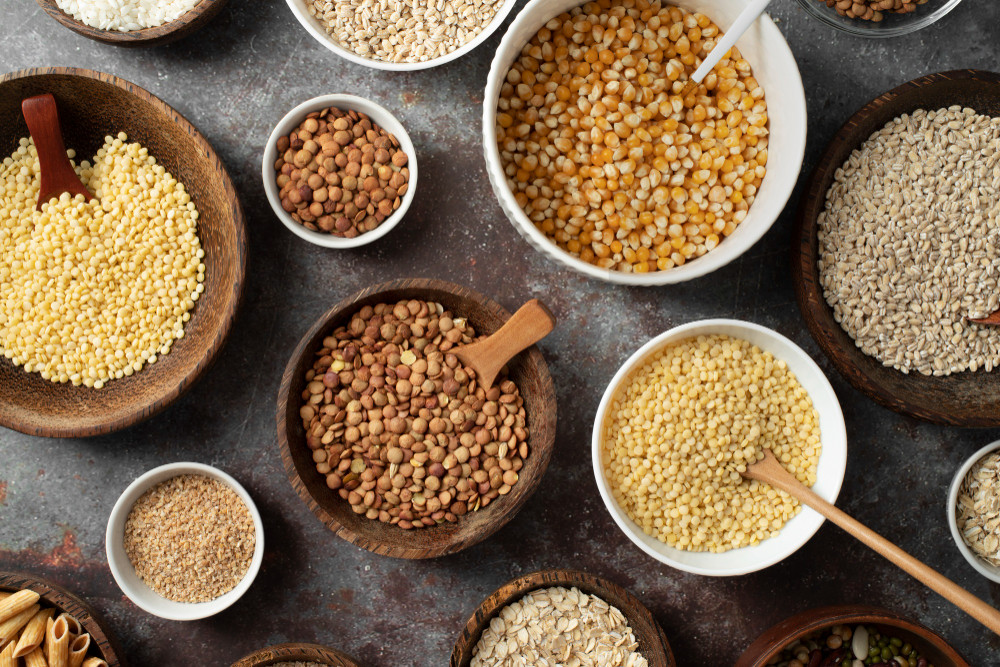White rice is a staple carbohydrate in many countries, including Indonesia, where it is widely enjoyed for its taste and accessibility. However, because it has a high glycemic index, white rice is often linked to weight gain and other health concerns.
To accelerate weight loss, many people opt to cut out white rice from their meals. But before following this trend, it’s essential to understand the potential impacts of this change.
Effects of Not Eating White Rice
Excluding white rice from the diet generally doesn’t harm health directly, especially if it’s substituted with healthier and more nutrient-rich carbohydrate sources. However, because white rice is a staple food in Indonesia, eliminating it from daily meals can present unique challenges.
Here are some potential effects of not eating white rice:
Feeling Less Satisfied
People accustomed to eating white rice may feel less full and satisfied without it. This is because rice is often seen as a staple that provides quick energy.
If you’re looking to avoid white rice, various alternative carbs, like brown rice, sweet potatoes, or regular potatoes, can help maintain fullness longer.
Risk of Carbohydrate Deficiency
Carbohydrates are a primary energy source, and removing them entirely can lead to a macronutrient imbalance. Not consuming white rice—or any carb source—could result in low energy, fatigue, weakness, ketosis, digestive issues, and hormonal imbalances.
Possibility of Rapid Weight Loss
Avoiding white rice without replacing it with equivalent carbs may result in drastic weight loss, which could have health consequences, including:
- Muscle mass loss
- Decreased metabolism
- Essential nutrient deficiencies
- Higher risk of kidney stones
- Fatigue, muscle cramps, chills, hunger, and dehydration
Potential Nutrient Deficiency
While white rice isn’t nutrient-dense, it’s typically paired with other foods rich in vitamins and minerals. Cutting out white rice without a suitable replacement may lead to missing essential nutrients.
Reduced Energy Levels
Simple carbs, like those in white rice, offer quick energy, which is beneficial for athletes or individuals with high activity levels. Over-restricting or removing these carbs without replacement may reduce stamina and performance during physical activities.
If your goal in avoiding white rice is weight loss, consider healthier carb alternatives, such as whole grains, sweet potatoes, or brown rice. Keeping carbohydrate intake sufficient allows the body to maintain energy, brain function, hormonal balance, and a healthy weight.
It’s best to consult a doctor or nutritionist before removing white rice from your diet. They can suggest other healthy carbohydrate sources tailored to your needs. The Ai Care health consultation service, available on the App Store and Play Store, can also provide professional advice.
Curious about more insights on nutrition, diet tips, and healthy eating? Click here!
- dr Nadia Opmalina
Laura Dolson (2024). Macronutrients 101. Available from: https://www.verywellfit.com/macronutrients-2242006
WebMD (2023). What Are Macronutrients?. Available from: https://www.webmd.com/diet/what-are-macronutrients
Lindsey DeSoto, RD, LD (2023). Why Are Carbohydrates Important?. Available from: https://www.verywellhealth.com/why-are-carbohydrates-important-7574416
Mayo Clinic (2022). Carbohydrates: How carbs fit into a healthy diet. Available from: https://www.mayoclinic.org/healthy-lifestyle/nutrition-and-healthy-eating/in-depth/carbohydrates/art-20045705
Janie McQueen (2023). What Happens When You Stop Eating Carbs. Available from: https://www.webmd.com/diet/ss/slideshow-what-happens-when-you-stop-eating-carbs
Lizzie Streit, MS, RDN, LD (2024). What Is a Zero-Carb Diet, and What Foods Can You Eat?. Available from: https://www.healthline.com/nutrition/no-carb-diet
Ryan Raman, MS, RD (2023). Is It Bad to Lose Weight Too Quickly?. Available from: https://www.healthline.com/nutrition/losing-weight-too-fast
Louise Morales Brown (2024). How much micronutrients should people be consuming?. Available from: https://www.medicalnewstoday.com/articles/what-are-micronutrients












